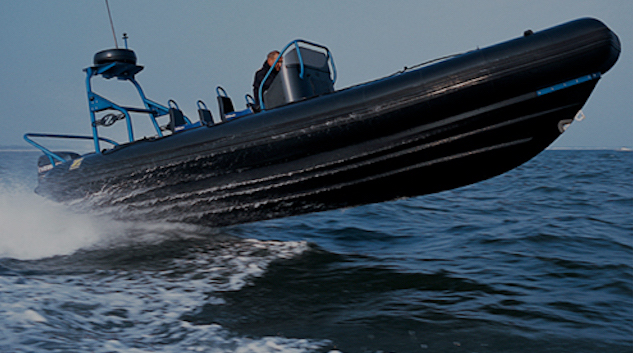CHAPTER FORTY-EIGHT
Running At Full Plane
I didn’t expect any problems with the two drivers. Not for another thousand dollars each. Loading Dutch and Don into the Jeep posed no big hurdle, as both men had overcome their initial shock at being struck by a bullet. Dutch was still dizzy at times, but I didn’t think Morphine would make much of a difference, and I had only one more adult dose left.
The ship was located across town at the dock, but the gulf between my charges and me, with respect to getting aboard, was immense. The Jeep driver pulled out with his usual wild élan, taking the first corner on two wheels. All I could hope was that both Dutch and Don would be able to get aboard the ship without incident if they lived through this joyride to the dock. The doctor, in spite of his poor vision, was a bright caring man, who would do his best for them. I watched the tail of the Jeep disappear around a corner. Don’s last words echoed through me.
















Don't Miss any Updates or New Chapters
Join our mailing list to receive the latest news and updates from our team. You can easily Opt-Out anytime
You have Successfully Subscribed!